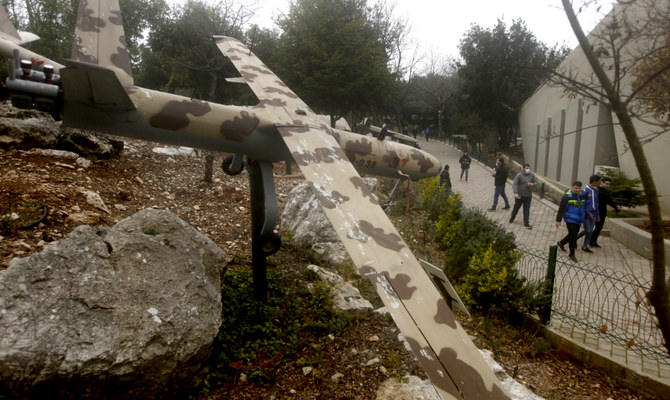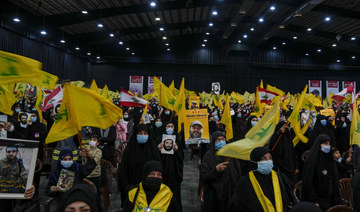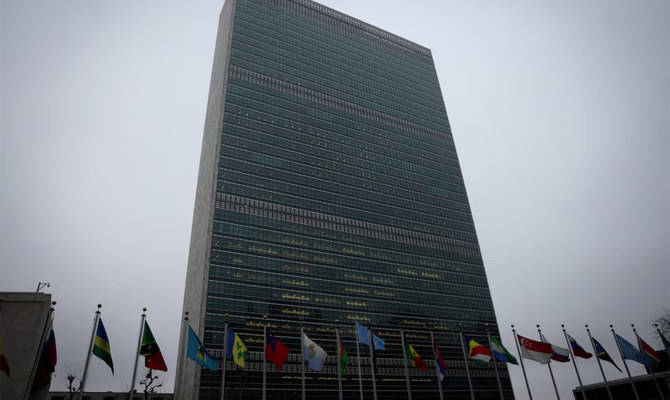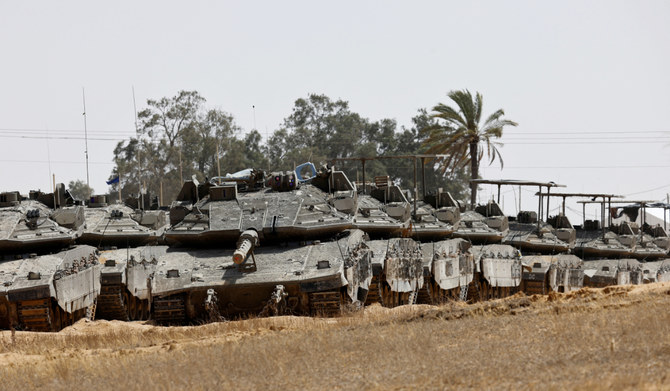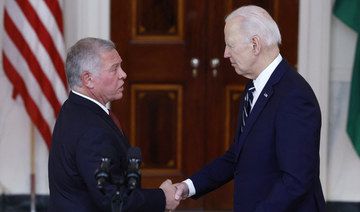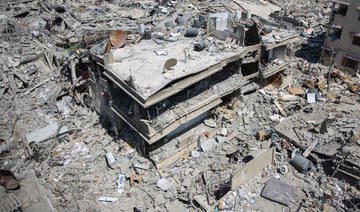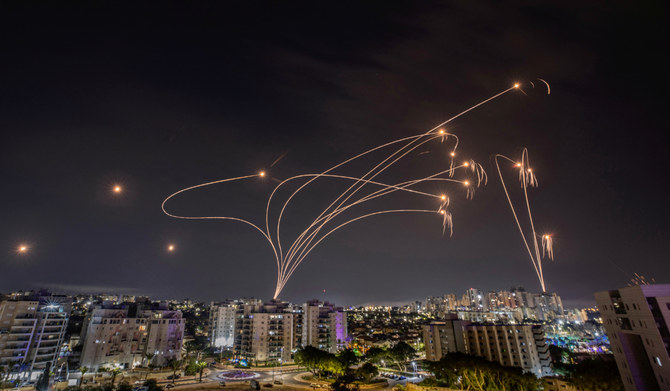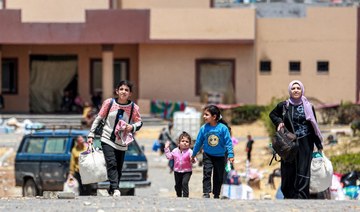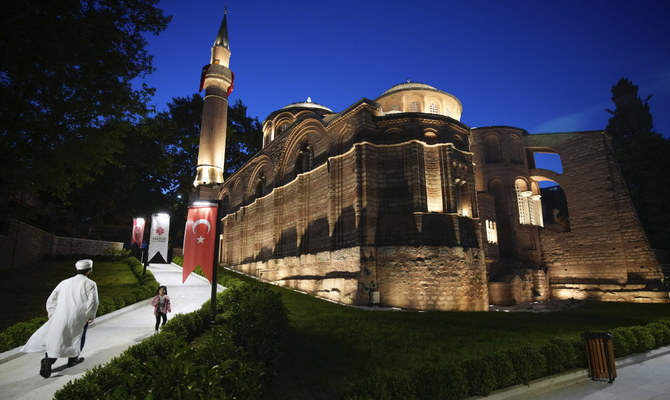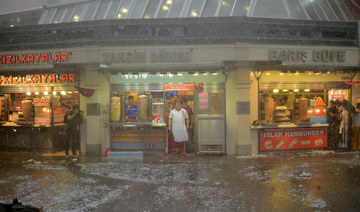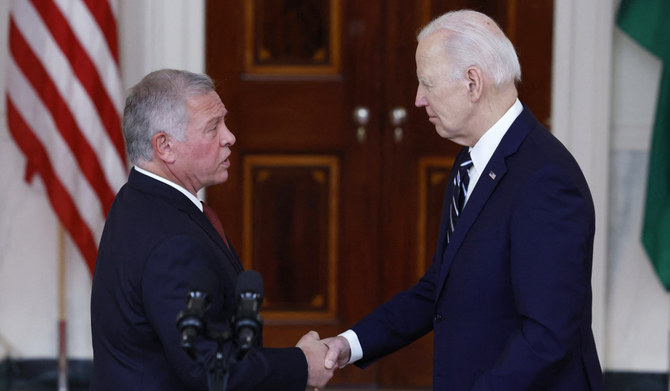BEIRUT: Tensions between Hezbollah and Israel tailed off on Saturday after a drone was launched on a 40-minute, 70-kilometer reconnaissance mission into Israeli airspace on Friday. It returned to Lebanon as the Israeli Iron Dome failed to down it.
Hezbollah claimed responsibility for launching the “Hassan” drone on Friday and said it carried out its reconnaissance mission over the targeted area despite all attempts to intercept it.
In retaliation, two Israeli warplanes violated Beirut airspace, flying at a low altitude.
Israeli news outlets quoted an Israeli army official as saying: “The Israeli response to the Hezbollah drone was exaggerated,” noting that the response achieved the object Hezbollah was aiming for when it boasted about manufacturing drones.
Israel had downed a Hezbollah drone that infiltrated its airspace on Thursday.
The Lebanese authorities took no official stance in response to the Israeli violation of Beirut’s airspace, which caused panic among residents since the planes flew very low.
Retired Lebanese Armed Forces Brig. Gen. Hisham Jaber told Arab News: “What happened over the past couple of days can be summarized according to military science as ‘show off your strength so you would not have to use it’.”r
Jaber said Hezbollah Secretary-General Hassan Nasrallah’s speech on Wednesday about manufacturing drones did not reveal any new information.
“The Israeli enemy knew about this but was not sure it was true. The drone that escaped the Iron Dome was not a combat drone, but rather a recon drone; that’s not enough to start a war,” he said.
“I do not believe the recent escalation would lead to Hezbollah carrying out any military action on the southern border, because it has no interest in striking the first blow; whoever does so must bear full responsibility for the repercussions.”
Jaber said: “Hezbollah will not violate the status quo unless Israel does so first. Meanwhile, Israel will not carry out any aggression now, because the US has previously prevented it from attacking Iran since all Iranian wings in Syria and Lebanon would respond. In addition, Israel’s friend Russia, which is present in Syria, will not allow such an escalation.”
Lebanese newspapers criticized “the absence of an official Lebanese position regarding recent developments and Nasrallah’s Wednesday speech.”
Some opposition newspapers wrote that Hezbollah has stripped the state of all strategic powers in deciding the country’s fate.
Nasrallah had boasted on Wednesday about “the resistance having the capability to convert its missiles into precision missiles.
He said: “In Lebanon, for a long time, we have started to manufacture drones. Whoever wants to buy them can place an order.”
Hezbollah MP Ali Fayyad said on Saturday: “The resistance’s strength and deterrence power, be it by land, sea or air, will force the Israelis to retreat.
"The balance of power is tilting day after day in favor of the resistance because the enemy is unable to adapt to its rules and logic.”
Walid Jumblatt, head of the Progressive Socialist Party, tweeted on Saturday: “I suggest investing the depositors’ money in locally made drones, missiles or explosives, as they have better returns for Lebanon.”
Samir Geagea, head of the Lebanese Forces Party, spoke of the recent developments during the announcement of his party’s candidates for the upcoming parliamentary elections.
Geagea said: “The Lebanon we want is not the Lebanon of illegitimate drones. It is not the Lebanon of mines and assassinations. The Lebanon that we want is the Lebanon of development, progress, science and success.”
He believed that the alliance forged between President Michel Aoun’s team and Hezbollah “has destroyed Lebanon, brought hell upon it, and yet they are still shamelessly carrying on with their agreement as if nothing had happened.”
Geagea mocked those who defend such an agreement and claim it has spared Lebanon civil war.
“I never understood this. Are they saying either we proceed according to Hezbollah’s wishes, or it wages a civil war against us? This logic is unacceptable, and no one can subdue anyone in Lebanon,” he said.



